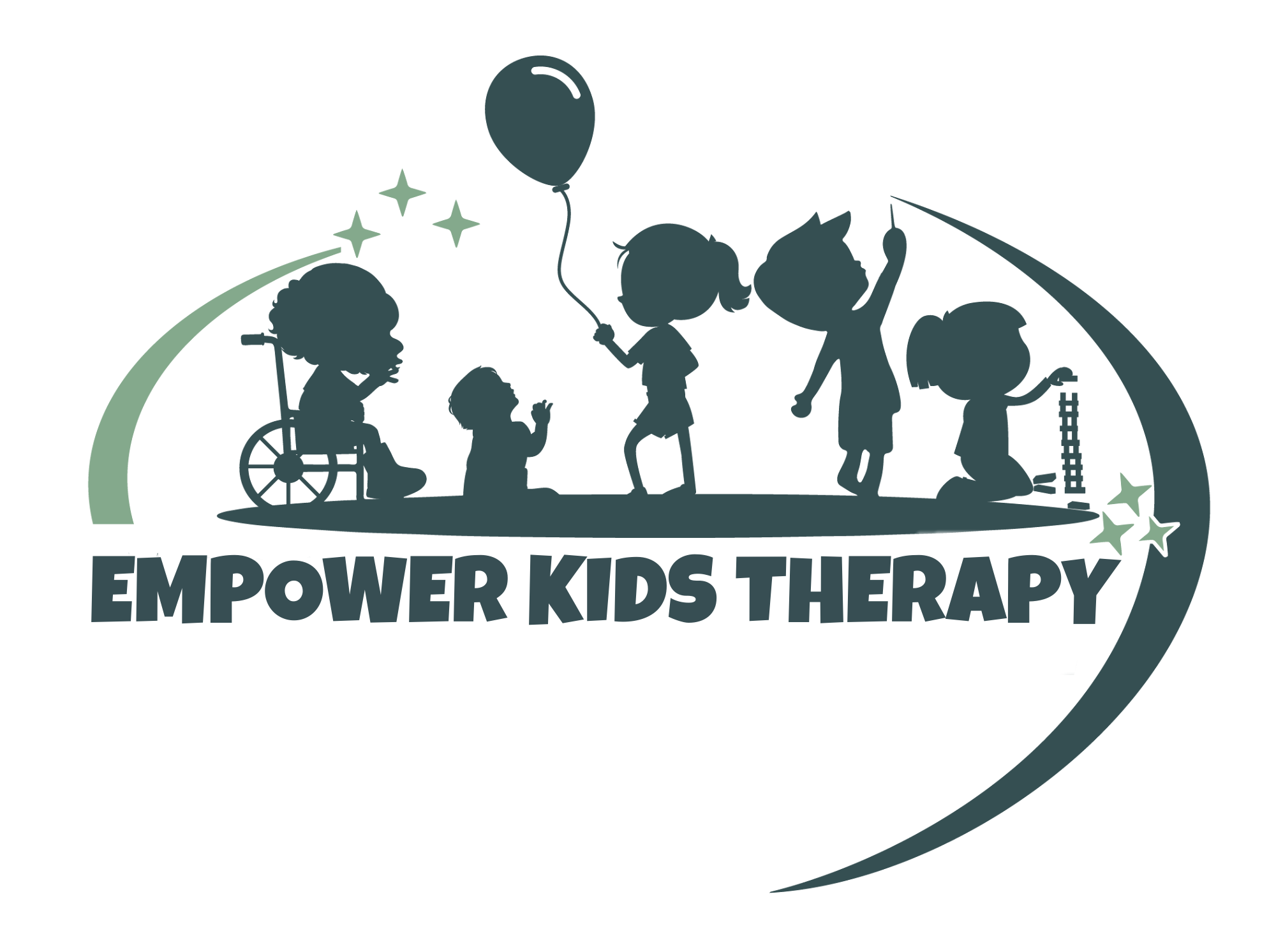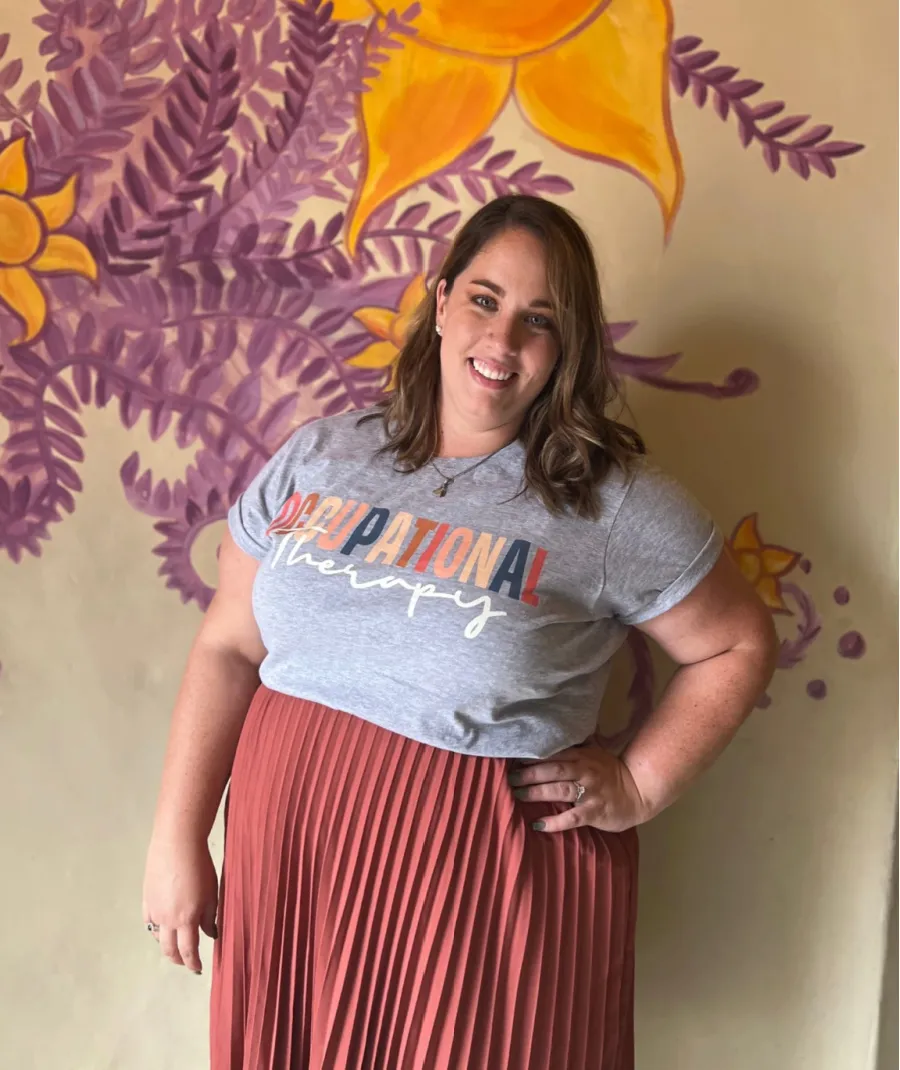As a pediatric occupational therapist, I am dedicated to helping children overcome challenges and thrive in their daily lives. Mealtime is a part of everyday life that can frequently cause a struggle between child and parent. I want to shed some light on occupational therapists’ role in addressing feeding challenges.
If you’re a caregiver seeking support and guidance for your child’s feeding difficulties, you’re in the right place!
What is Feeding Therapy?
Feeding therapy is a specialized area of pediatric occupational therapy that focuses on addressing difficulties related to eating, drinking, and mealtime routines. Promoting positive eating habits, addressing feeding aversions, and improving overall nutrition and mealtime experiences is our goal.
We focus on many areas that impact feeding while combining our education for developmental milestones of the body (including the mouth), with developmentally appropriate food for your child.
How Occupational Therapists Can Help with Feeding
Evaluation and Individualized Treatment:
As occupational therapists, we conduct thorough evaluations to identify the underlying causes of feeding difficulties. We assess many areas including oral motor skills, sensory processing, fine motor, gross motor, postural skills, and self-feeding abilities to create personalized treatment plans tailored to your child’s needs.
Sensory Integration:
Many feeding challenges are rooted in sensory issues. Occupational therapists are skilled in assessing and addressing sensory processing difficulties that may contribute to picky eating or aversions to certain textures, tastes, or smells. Through sensory integration techniques, and play, we can help your child become more comfortable with a wider variety of foods.
Oral-Motor Development:
Effective chewing and swallowing are crucial for safe and efficient eating. Occupational therapists use targeted exercises and activities to improve oral-motor skills, tongue coordination, and jaw strength, enabling your child to develop the necessary skills for eating a diverse range of foods.
Mealtime Strategies:
We understand that mealtime can be stressful for both you and your child. Our occupational therapy team equips caregivers with practical strategies to create a positive mealtime environment. From establishing routines to promoting self-feeding and appropriate table manners, we provide guidance to make mealtime a more enjoyable experience.
Free Meal Time Success Guide
To further support you on this journey, I invite you to sign up for our free meal planning guide. This comprehensive resource will provide you with practical tips and strategies for making your meal times a bit less stressful:
Why Occupational Therapists Should Focus on Feeding Therapy
Feeding therapy is a valuable tool that can help your child overcome picky eating, feeding aversions, and mealtime challenges. Occupational therapists bring expertise, compassion, and evidence-based strategies to guide both you and your child toward successful outcomes.
Remember, you’re not alone on this journey. Together, we can create a healthier, happier mealtime experience for your child.
Stay tuned for more valuable content and feel free to reach out with any questions or concerns.












